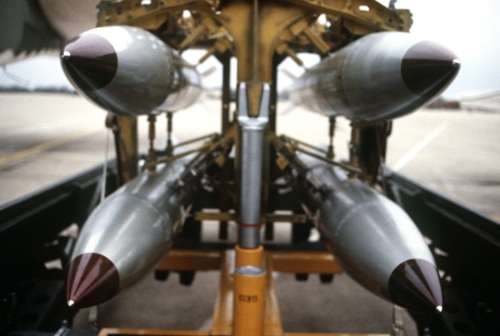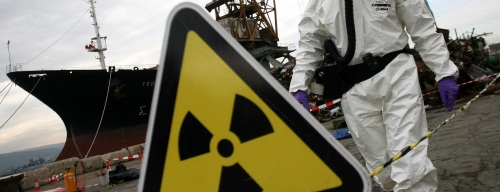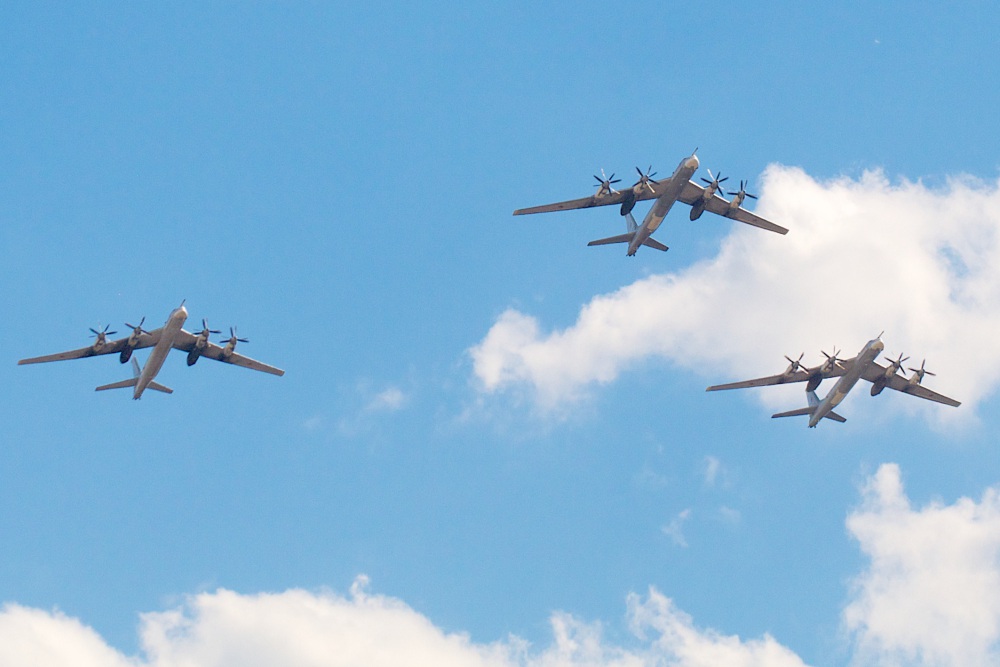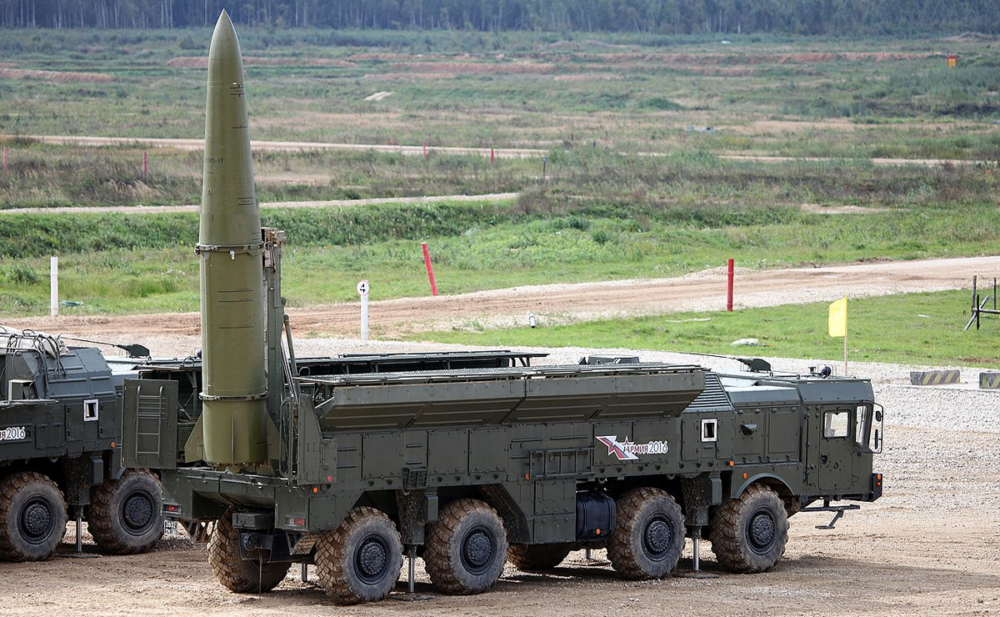
Argentina

Country Spotlight
From the 1960s to the early 1990s, Argentina’s nuclear program and ballistic missile activities led to concerns that the country was seeking to develop nuclear weapons or assist other countries’ nuclear and missile programs. It has since eschewed nuclear, biological, and chemical weapons as well as missiles, but retains an ambitious nuclear energy program.
See Argentina's performance in:
Region South America, Central America, and the Caribbean
1st South American country to use nuclear energy
5% Of electricity produced by nuclear energy
Participant in U.S.-led Megaports Initiative, which prevents nuclear trafficking through seaports
Nuclear
- Joined NPT in 1995 and the Treaty of Tlatelolco in 1994, which established a nuclear weapon-free zone in Latin America
- Has exported research reactors to Algeria, Australia, Egypt, the Netherlands, and Peru
- Established a bilateral inspection agency with Brazil to verify both countries’ pledges to only use nuclear energy for peaceful purposes
- Argentina joined the “International Partnership for Nuclear Disarmament Verification” in 2015, reaffirming its commitment to nuclear nonproliferation


Tutorial on Nuclear and Radiological Security
Biological
- Has never possessed or attempted to acquire biological weapons
- Signed the Mendoza Accord with Chile and Brazil in 1991, in which it commits not to use, produce, develop, acquire, stockpile, or transfer biological or chemical weapons

Tutorial on Biological Weapons Nonproliferation
Biological Weapons Convention (BWC) Compliance Protocol
Missile
- Used French-supplied Exocet anti-ship cruise missiles against British naval forces during the 1982 Falklands War
- Developed ballistic missiles and exported missile technology during the 1980s, but dismantled its medium-range ballistic missile program, the Cóndor II, in 1992
- Member of the Missile Technology Control Regime (MTCR) and Hague Code of Conduct against Ballistic Missile Proliferation (HCOC)
Argentina Missile Facilities
Overview of The CNS Missile and SLV Launch Databases
Chemical
- Has never possessed or attempted to acquire chemical weapons
- Member of the Australia Group since 1992
- Signed the Mendoza Accord with Chile and Brazil in 1991, in which it commits not to use, produce, develop, acquire, stockpile, or transfer biological or chemical weapons

Tutorial on Chemical Weapons Nonproliferation

NTI Tutorials
Treaties and Regimes Memberships
Analysis
Argentina

Browne, Ischinger, Ivanov and Nunn on Ensuring Euro-Atlantic Security
Browne, Ischinger, Ivanov, Nunn on Ensuring Euro-Atlantic Security
Argentina Missile Overview

Argentina Overview

Education Center
